The Ionmaster Classic is an excellent all-round deioniser from the Ionmaster range, with a fully updated suite of tools and features. It is available in two sizes; the Classic 30 and Classic 75. If it’s been some time since you last replaced your deionisation system, you may not be aware of some of the innovations and developments that are currently available on the market.
Product Spotlight: Ionmaster Classic, A Low Cost, Low Volume Water Deioniser
Topics: Deionised Water System, Product Spotlight
Reasons To Upgrade Your Current Water Purification System With An Efficient Deionised Water System
Getting the best quality water for your facility may not be an easy task if you aren’t sure which system will achieve this for you. Of course, every type of water purification system can offer specific benefits to your facility. However, deionisation may surpass them all. This article will discuss the differences between electro and conventional deionisation, and highlight the many benefits of switching to this type of water purification.
Topics: Deionised Water System
Understanding The Deionisation Of Water Process – 4 Things You Must Be Aware Of
Deionisation is a process that’s been used in industrial water treatment for several decades. Effective for the removal of minerals, deionisation employs ion exchange to ensure the removal of contaminants. A positively-charged anion resin attracts the negative contaminant ions, whilst the negatively-charged cation resin removes the positively-charged contaminants.
Before choosing any water deionisation system for your facility, however, there are a few things to keep in mind.
Topics: Deionisation, Deionised Water System
Reasons Deionised Water Systems Can Save You Time & Money
Different facilities require different industrial water treatment processes. Industrial deionisation is one method of purifying water that can work with virtually any facility. Deionisation removes contaminants using chemically-charged resins that attract negative and positive contaminants, (ions).
Topics: Deionised Water System
Most companies have discharge limits for their trade effluent outfall. One of the key areas in this is the discharge of heavy metal contamination. In most cases there will be a maximum limit of 2 parts per million for heavy metals such as copper, zinc, lead, cadmium and mercury.
The applications that are using and then discharging heavy metals are all types of metal finishing such as printed circuit manufacture, chrome plating and anodising.
Topics: Deionised Water System
Where water requires the removal of both mineral contamination and bacteria, deionisation can prove very effective. This is because it removes contaminants at the ion level. Cations and anions are removed by the process, and as this occurs, hydrogen and hydroxyl ions are released. The combination of the two forms pure water which can be used for pharmaceutical manufacturing, laboratory testing, cleaning and other processes.
Topics: Deionised Water System
What Is Water Deionisation - And How To Choose The Right Deionised Water System
Industrial water deionisation can be an excellent alernative to reverse osmosis. The deionisation process can be accomplished in two ways: via the use of charged resin beds, and by using electrical charges.
Deionisation Using Resins
Conventional deionisation (DI) involves the use of chemically-charged resins. These resins reside either in separate chambers, or together in what is known as mixed-bed format. Regardless of the format used, water is treated in the same way; it is passed through a cation resin, where all cations in the water are removed. Then, the water passes through an anion resin, which removes all the water’s anions.
Topics: Deionisation, Deionised Water System
Deionised Water vs. Demineralised Water – Are There Any Real Differences?
The terms ‘deionisation’ and ‘demineralisation’ are often used interchangeably, even by those in the industry. But are there any real differences in DI water vs. demineralised water? Yes, and each process can make a difference to what you may be manufacturing.
Topics: Deionisation, Deionised Water System
Things You Need To Know Before Buying A Deionised Water System
Recent microbiological testing in your facility may have revealed the presence of bacteria. One way to address this issue is to install a deionised (DI) water system. Before you do, however, there are a few things to know.
Topics: Deionised Water System






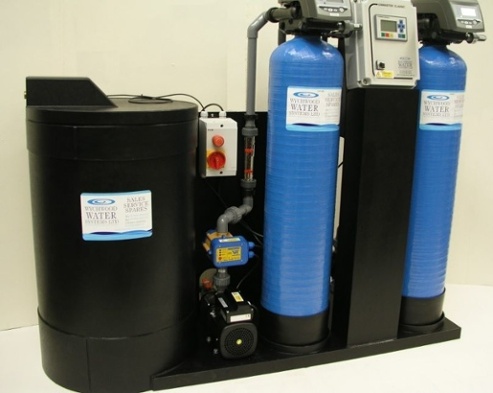
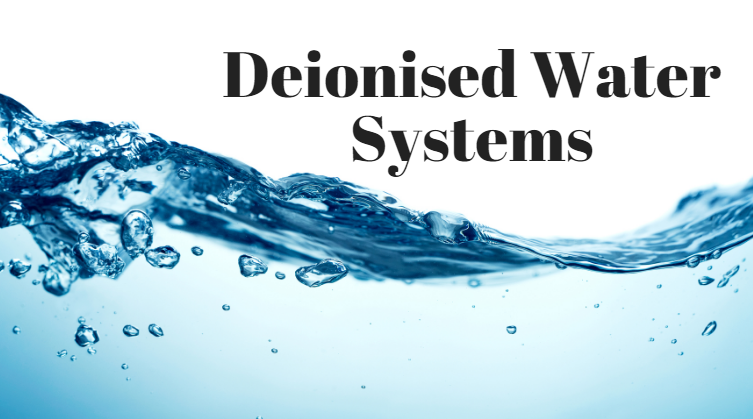
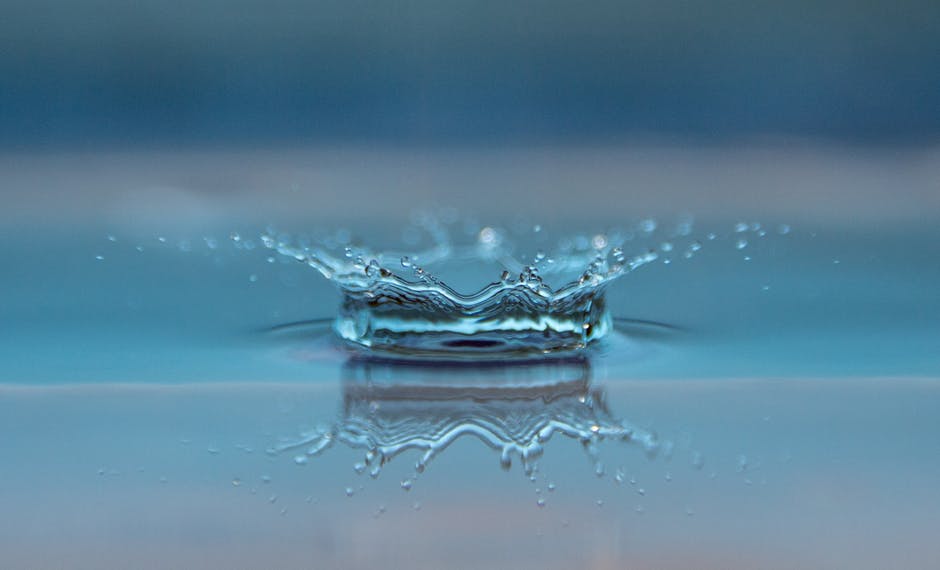
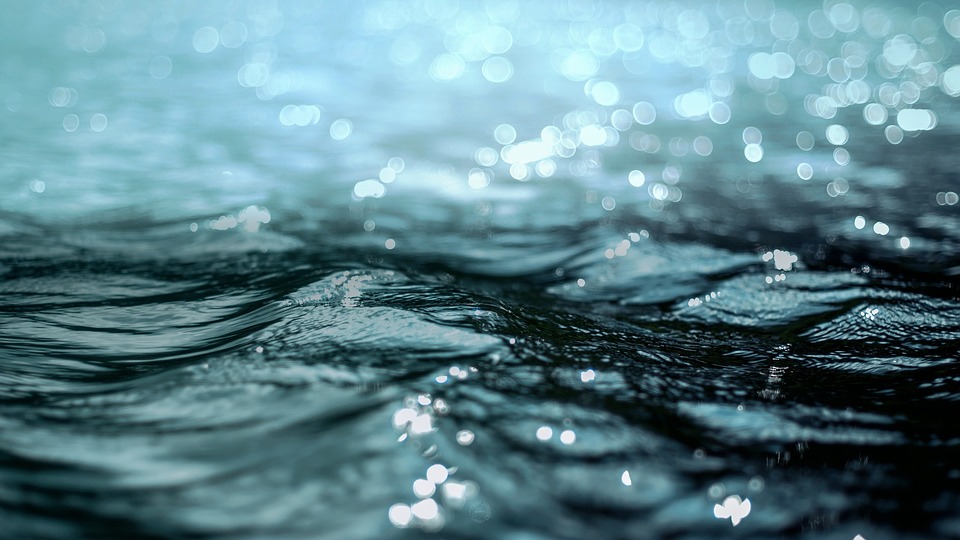



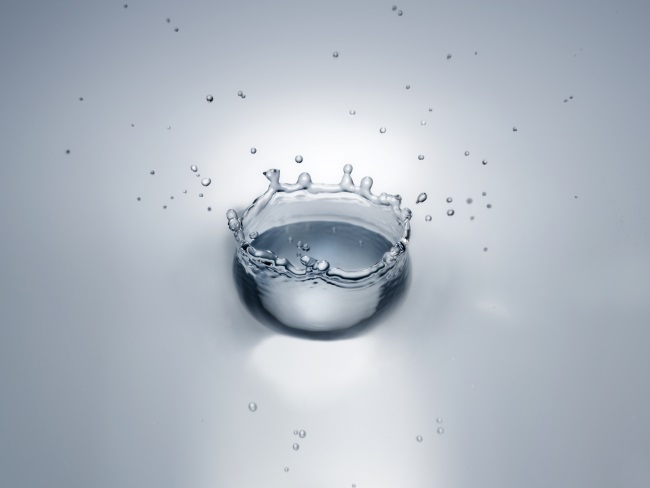
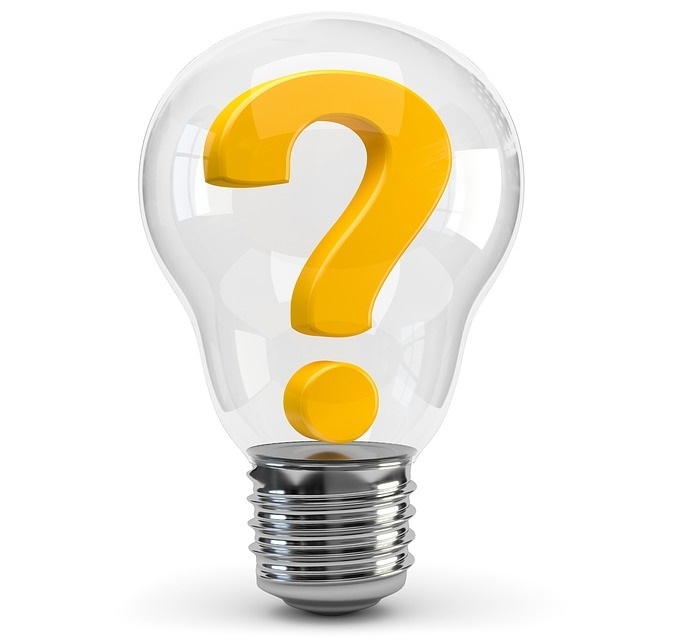
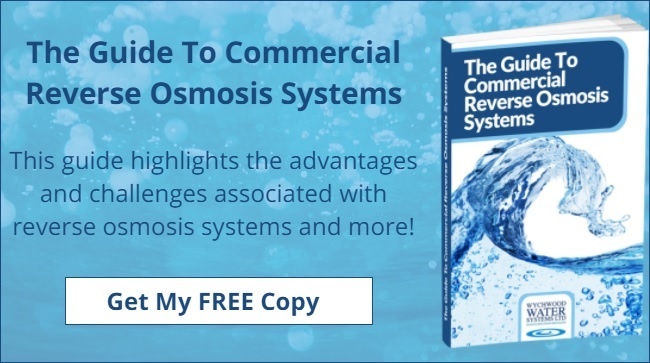


 We are a specialist independent company involved in water purification and water treatment technologies
We are a specialist independent company involved in water purification and water treatment technologies


